
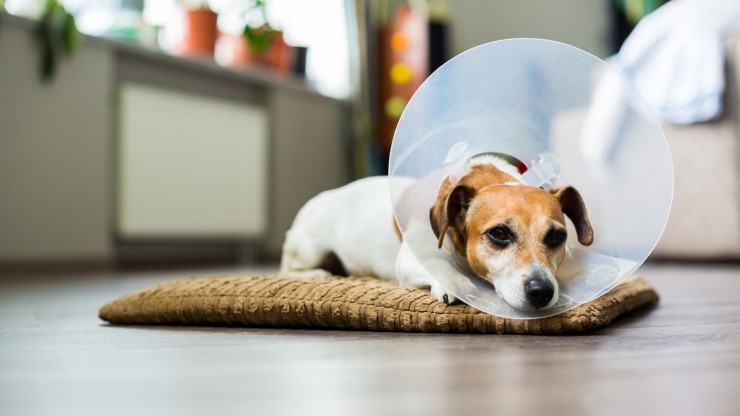
Unless a dog is going to be used for breeding, it is really important to have them neutered to prevent any unwanted litters and to reduce the risk of certain health issues developing namely cancers which can be life threatening and could shorten your pet's lifespan considerably.
Getting your dog used to certain things before they have their surgery could make life easier for them when they are allowed to come home. This includes introducing them to the “cone” they will have to wear which prevents them from getting at their “wounds”. These days there are some brilliant accessories which includes things like “comfy e-collars” which are useful tools that can help when you have to get a dog used to the idea of having to wear a special collar. If they are used to it beforehand they'll be less frightened when it's put on at a time when they may be feeling quite a bit of discomfort.
Comfy collars are very similar to the “lampshades” that dogs have to wear after they've had any sort of surgery, but they are not made out of plastic. Instead they are made out of fabric which is a lot more comfortable for dogs to wear. The bonus being your dog won't bang their “lampshades” on everything as they walk along which inevitably happens when a dog is wearing a plastic cone.
You may also need to get your dog used to wearing puppy pads if they are not allowed to roam freely around in a garden simply because the vet has recommended restricted movement until their wounds have healed. Another great idea is to get your dog used to being in a crate to prevent them from moving around too much when you are not around. Again, this is important because you want to stop them from jumping up on things which could slow the healing process down considerably.
Some owners like to give their pets a homeopathic remedy which is said to promote faster healing called Bach's Pet Rescue Remedy. It also helps reduce any anxiety and stress your dog may be feeling at the fact they are not allowed to do certain things they are normally allowed to do.
The majority of dogs are not kept hospitalised overnight, but allowed home after their surgery unless of course, there's any sort of complication during or after the procedure which is pretty straight forward in male dogs. However, the vet would let you know how things went during the surgery and they would give you a sheet explaining how to take care of your dog over the next week or so. Dogs are very sleepy when they are first allowed to go home, which is perfectly normal due to the anaesthetic they were given during the procedure.
It's really important that dogs are not allowed to jump up on anything which means giving them a helping hand to get into the car and then again when they are taken out on arrival back home. Once back in the house, it's much nicer for your dog to be left somewhere quiet for the first few hours which allows them the time to come around from the anaesthetic. However, it's important to keep a close eye on them to make sure they are okay.
If they are happy to stay in a crate, all well and good because this means they can sleep off the effects of the anaesthetic without being able to move around too much. However, if they are really unhappy about being left on their own in a cage, then putting them in a quiet room and somewhere they would not be able to jump up on furniture is probably best because the last thing you want is to stress your pet out.
It's important to take your dog out on a lead to do their “business” even if it's in the garden because you don't want them running around loose at this point in time. The thing to bear in mind is they will need to go to the toilet a lot more after they have had their surgery because they would have been given extra IV fluids. Some dogs just sleep and will wet themselves which is why it's a good idea to let them lay on some clean dry towels which you can then put in the washing machine. Another option is to invest in some puppy pads which you can use in the crate or your dog's bed when they first come home.
Even the kindest natured dog may show a little bit of aggression when they first come home. The reason for this unusual behaviour is because they may be feeling quite a bit of discomfort and pain. The other thing to bear in mind is that due to the anaesthetic your dog may be feeling disoriented and as such vulnerable which can put them on the defensive. The result of a dog feeling disoriented and in pain can sometimes make them a little aggressive and they might even get into a fight with another dog that lives in the home although they usually get along really well together which is why you have to keep a close eye on things when they first come home.
It's important to keep a close eye on the wound to make sure it's clean and that no infection has set in. Initially, there may be a little clear blood coming from the incision, but this is nothing to worry about. However, if you notice any of the following, you need to give the vet a ring and take your dog back to the surgery for a check-up:
If everything heals up nicely, it shouldn't take any longer than 1 to 3 days and if the vet has used traditional stitches, these would need to be removed around 10 days later. However, if they've used dissolving stitches, these will vanish on their own in anything up to 14 days. Some vets use a special type of glue and again, this disappears as the incision heals. However, you still have to keep an eye on things to make sure no infection sets in and if you suspect there is a problem it’s best to contact your vet immediately so they can check the wound out.
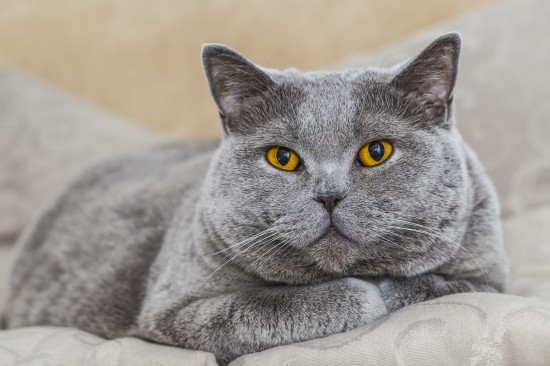 What Nutrients Do Cats Need, And What Do They Do?
What Nutrients Do
What Nutrients Do Cats Need, And What Do They Do?
What Nutrients Do
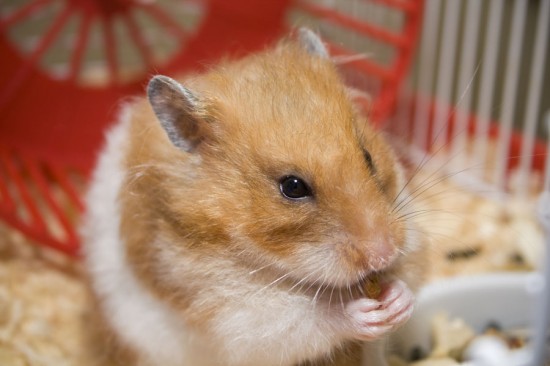 Caring For Your Pet Hamster
Caring For Your P
Caring For Your Pet Hamster
Caring For Your P
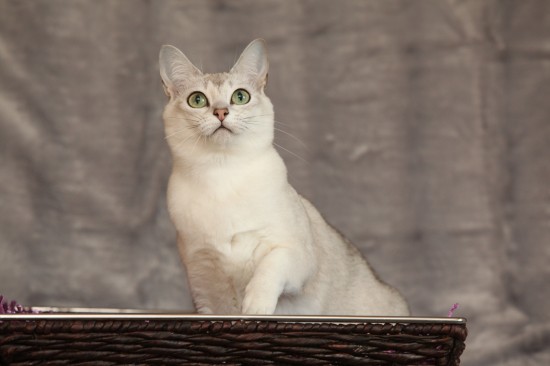 Is A Burmilla The Right Cat For You?
Is A Burmilla The
Is A Burmilla The Right Cat For You?
Is A Burmilla The
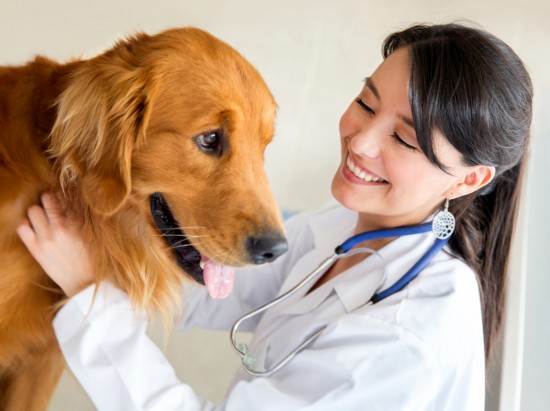 Ten Questions To Ask Your Vet During Your Dog’s Annual Check-up
Ten Questions To
Ten Questions To Ask Your Vet During Your Dog’s Annual Check-up
Ten Questions To
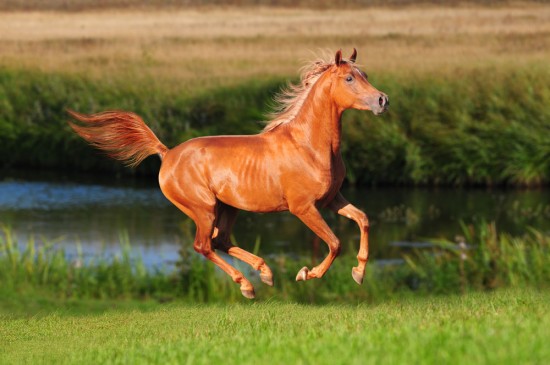 Information About Horses For Potential Horse And Pony Owners
Information About
Information About Horses For Potential Horse And Pony Owners
Information About
Copyright © 2005-2016 Pet Information All Rights Reserved
Contact us: www162date@outlook.com